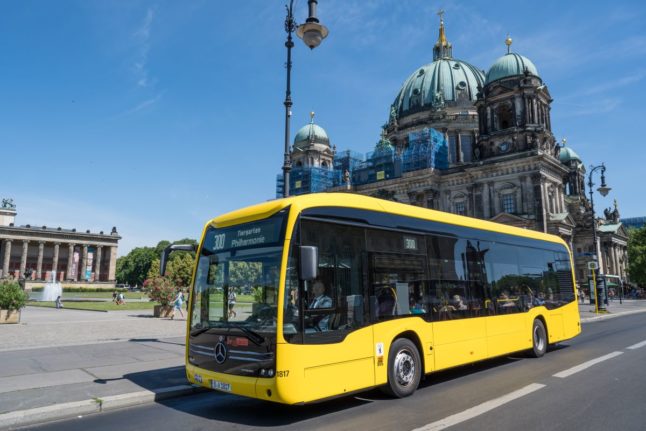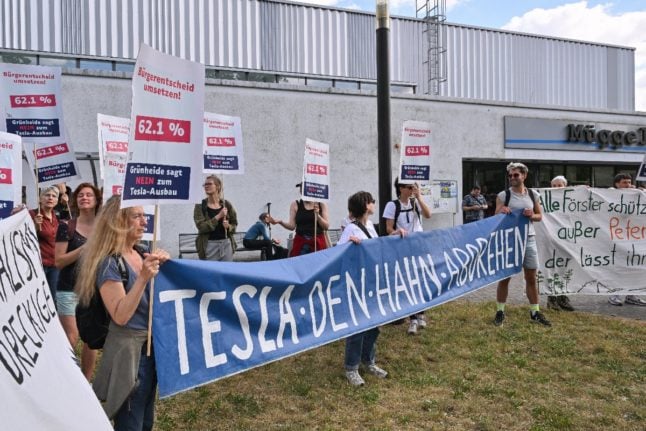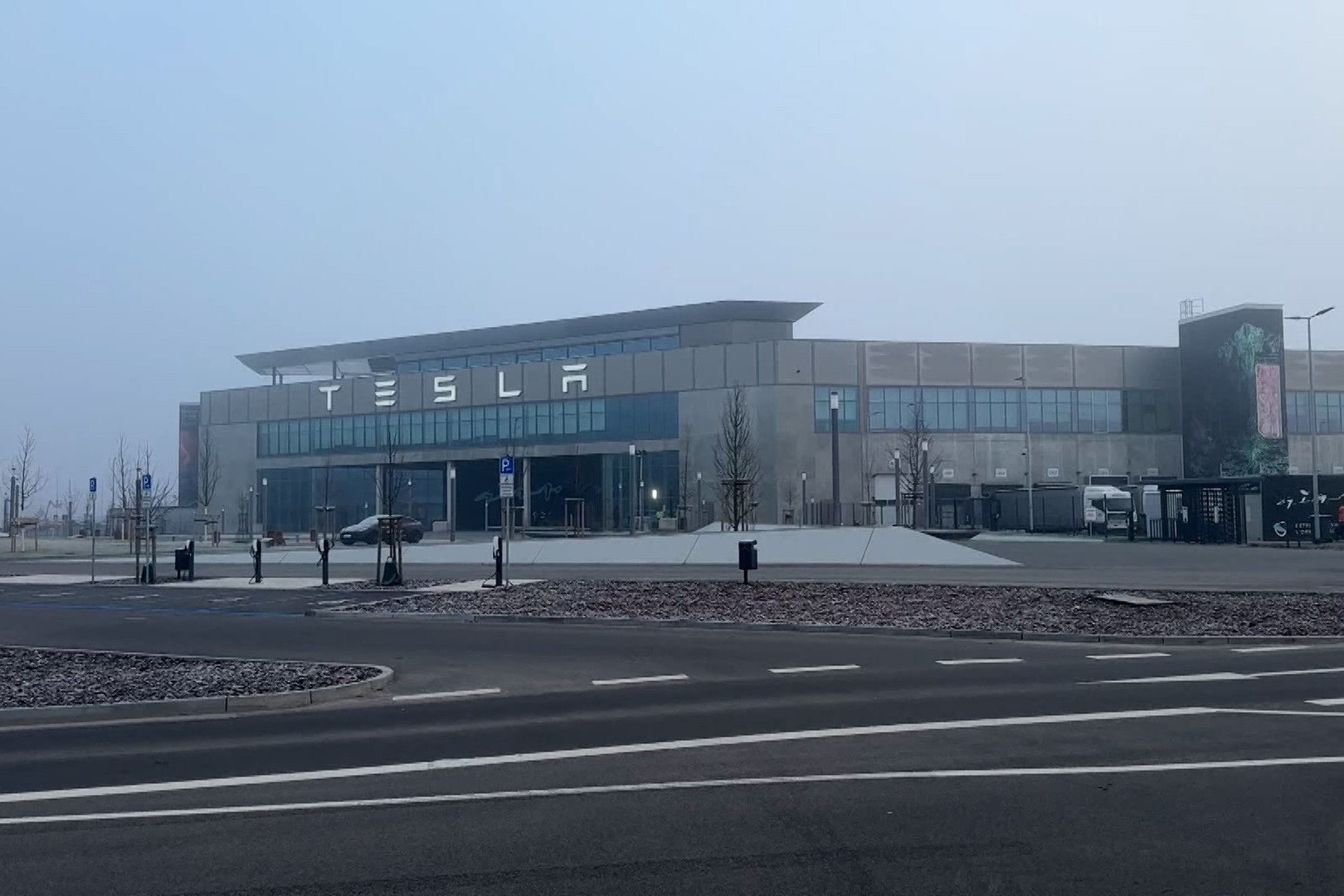With less than two weeks to go before Berlin’s public transport authority BVG is scheduled to start selling the capital’s €29 ticket again, the capital’s Senate still won’t guarantee that it’s for sure coming back.
That’s because city administration is looking to find items to cut due to tighter budgets – and a choice might have to be made between bringing the ticket back and investing into more pedestrian and cycling infrastructure.
Inspired by the success of the nationwide €9 ticket and then €49 ticket for all local and regional public transport, the capital brought in a €29 option covering transport only in Berlin itself – after Brandenburg, which surrounds the city – pulled out.
The Social Democrats (SPD), which govern as a junior partner in a coalition with the centre-right Christian Democrats (CDU), campaigned heavily to keep the ticket during both the capital’s 2023 repeat election and resulting coalition negotiations.
“We promised this social policy measure,” SPD transport specialist Tino Schopf said Monday. “And we will keep that promise.”
Despite the vehemence that it is coming back, it might be more difficult to say exactly when. The original plan was to start selling the ticket in April – to be valid from July 1st. Berlin’s transport ministry though, says it’s still testing feasibility – and it’s not clear that the April or July dates will be met.
The capital’s governing Senate is currently looking for around €5.9 billion in savings – of which €200 million has to come from transport. However, bringing the ticket in will cost around €430 million.
Berlin’s SPD though estimates that 70 percent of Berliners who have a €49 Deutschlandticket would be likely to switch to a €29 Berlin ticket, particularly if the nationwide ticket became more expensive.
That’s motivated the party’s insistence that the €29 – when brought in – stay in place until at least 2026.
READ ALSO: Berlin’s BVG nets more than a million subscribers ‘thanks to €29 transport ticket’




 Please whitelist us to continue reading.
Please whitelist us to continue reading.
Member comments